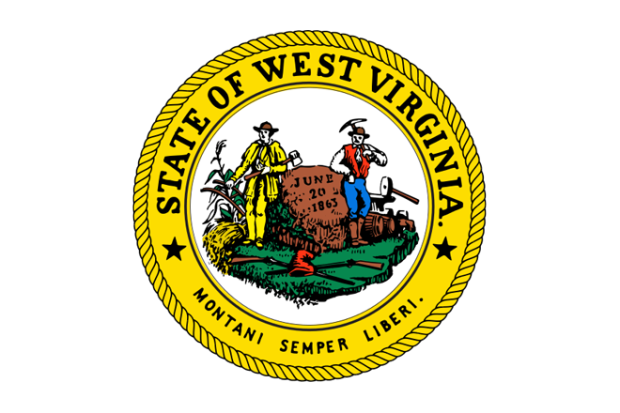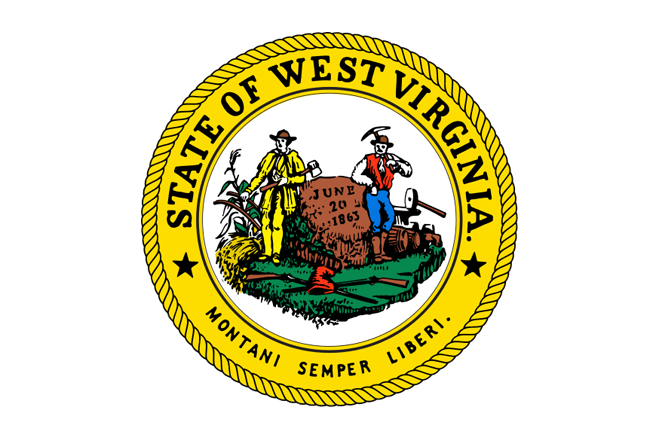The West Virginia state legislature has volleyed a tobacco tax increase back and forth for nearly three months as they seek to come to a budget agreement, and while it appeared to be dead as of just over a week ago, this week it is back in play as part of an extra legislative focused on getting a 2016-17 budget passed.
Yesterday, the state senate’s finance committee approved a bill that will increase the tax on cigarettes by 65 cents per pack while increasing the tax on other tobacco products–including premium cigars–from 7 to 12 percent of the wholesale price. By halfwheel estimates, that means that a cigar with an MSRP of $9.50 would go from costing $10.17 to $10.64, before any additional taxes were added.
Electronic cigarettes would also be subject to a 12 percent tax at the point of sale under the current proposal. All totaled, it would bring in approximately $100 million according to state estimates, which would make a decent dent in the current $270 million budget gap. The same committee also voted down a pair of proposed sales tax increases, the first of one percent, which would have raised an estimated $200 million in the coming year, and the second of 0.5 percent, which would have brought in an estimated $100 million.
Senate President Bill Cole told West Virginia Public Broadcasting that he thinks this current version of the tobacco tax increase has a decent chance of passing as the cigarette tax has found a reasonable compromise between previously proposed increases as low as 45 cents and as high as one dollar. A one dollar per pack increase was voted down in the Senate Finance Committee’s meeting before the 65 cent increase was approved.
The proposal now heads to the full senate for its consideration. Should it pass that body, it would head to the West Virginia House of Representatives for its approval. Last week, that chamber stunned numerous people by voting down a 45 cent per pack increase on cigarettes, calling it too low of an increase and throwing a wrench into the budget finalization process.
The state has until July 1 to pass a budget.


